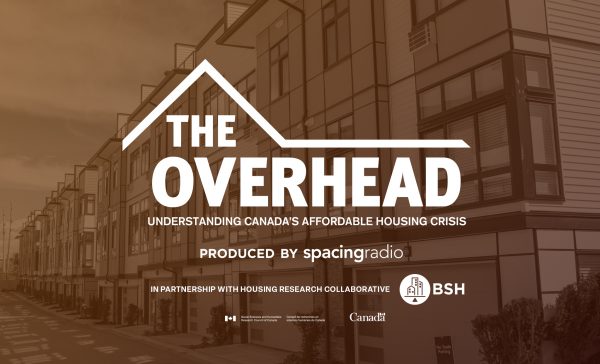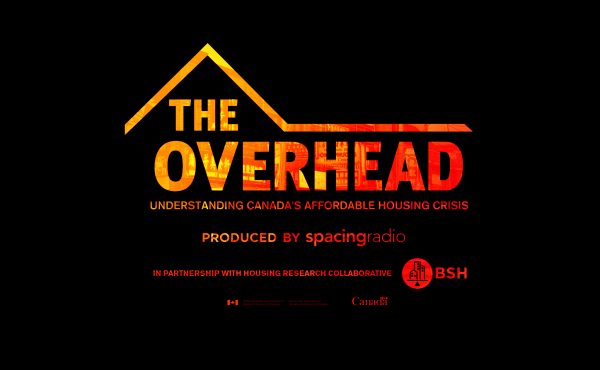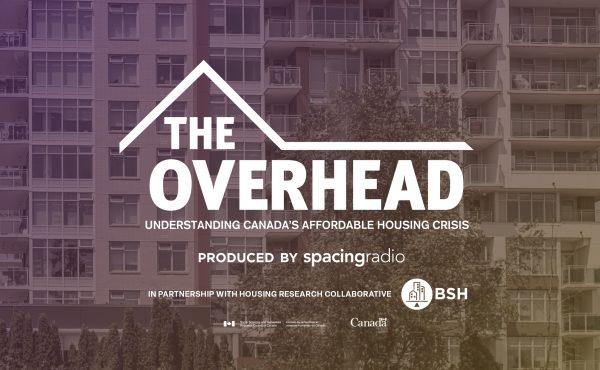THIS EPISODE: The Financialization of a Housing Crisis
The days of the “mom-and-pop” landlord are largely behind us. Now, housing units are being snapped up or developed by large corporate entities and private equity firms. It can be hard to figure out who actually owns a building. Homes being treated like major sources of capital, instead of places for people to live.
This is a major factor in the housing crisis, pushes people who are renting out of their homes and neighbourhoods, and changes the physical and social fabric of communities.
Erika Sagert, policy manager for the BC Non-Profit Housing Association, has been trying to identify just how many people are affected by this financialization of housing:
It’s really hard to be a renter in Canada. The numbers, in terms of sheer volume, really stand out. We talk a lot about proportion, so we’re looking at one third of renter households in Canada are spending more than 30% of their income on rent and utilities. The number that stands out to me is 1.6 million rental households.
When it comes to the types of private equity shaping the rental market, and their effect on Black and other marginalized communities, Toronto Metropolitan University’s Dr. Nemoy Lewis and research assistant Dimitri Panou have been tracking just that. As Dr. Lewis says:
When we think about the term ‘displacement,’ it gives us the idea that we can just go down the street and move into the next apartment. But that next apartment might be owned by… a different financialized landlord who are also engaged in the same practice. So, as such, these landlords are causing folks to be expelled and banished from major urban centres.
Finally, Cloé St-Hilaire, PhD candidate at the University of Waterloo, is researching financialized rentals in Montreal, who owns what, and who is impacted the most:
We saw there was a strong positive correlation between the percentage of financialized landlords and the percentage of households that were living in high-density areas, and there was also a strong correlation with renters’ housing stress. So the more the renters were housing-stressed in the census tract, the more there was a propensity of having financialized landlords.
What do we do when big capital has taken over the landlord business?
Listen here for The Overhead:




